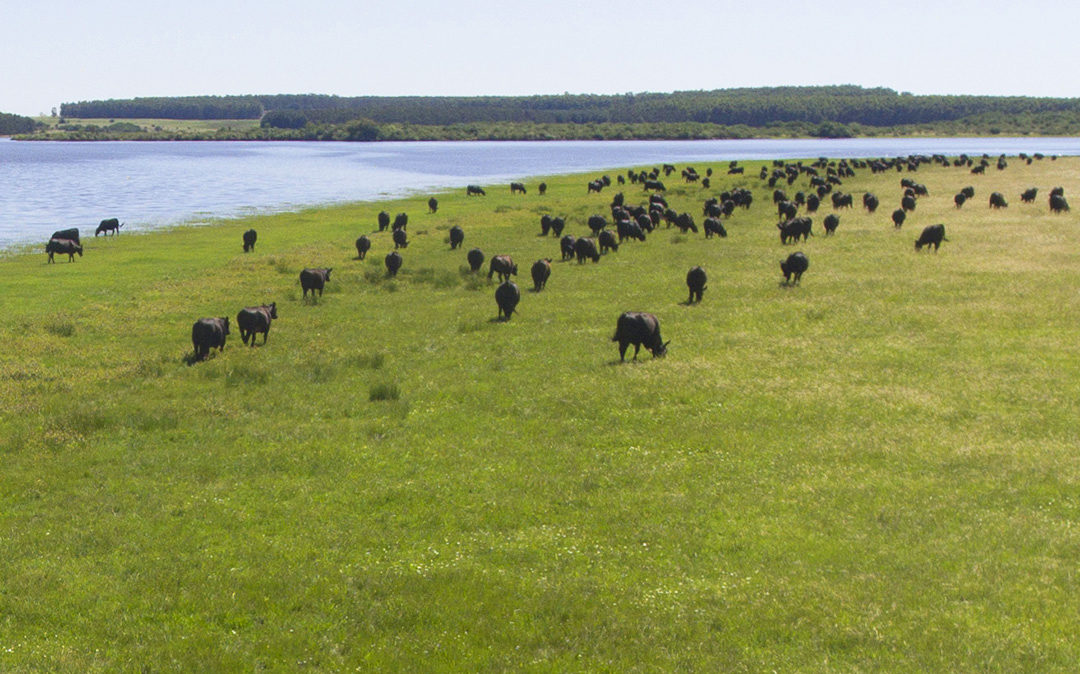info@certifiedhumane.org
PO Box 82 Middleburg, VA 20118


100% of your donation is used for program services.

Find Us In Argentina, Australia, the Bahamas, Brazil, Canada, Chile, Colombia, Costa Rica, the Dominican Republic, Ecuador, Hong Kong SAR, India, Indonesia, Italy, Japan, Jordan, Laos, Malaysia, Mexico, New Zealand, Paraguay, Peru, the Philippines, Puerto Rico, Singapore, Türkiye, the United States, Uruguay, and Vietnam.



No Results Found
It seems we can’t find what you’re looking for. Perhaps searching will help.